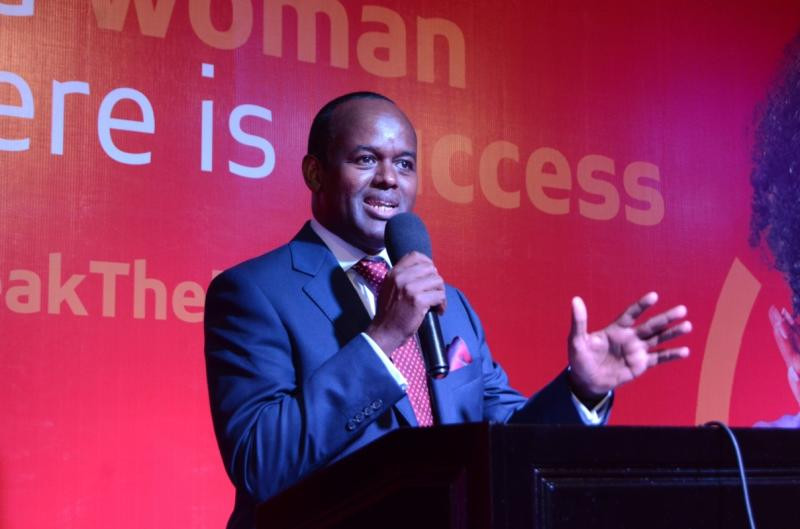×
The Standard e-Paper
Smart Minds Choose Us

Absa Kenya MD Abdi Mohamed. [File, Standard]
The Kenya shilling is performing better against the dollar than other major African currencies, a new report by Absa Bank Kenya shows.